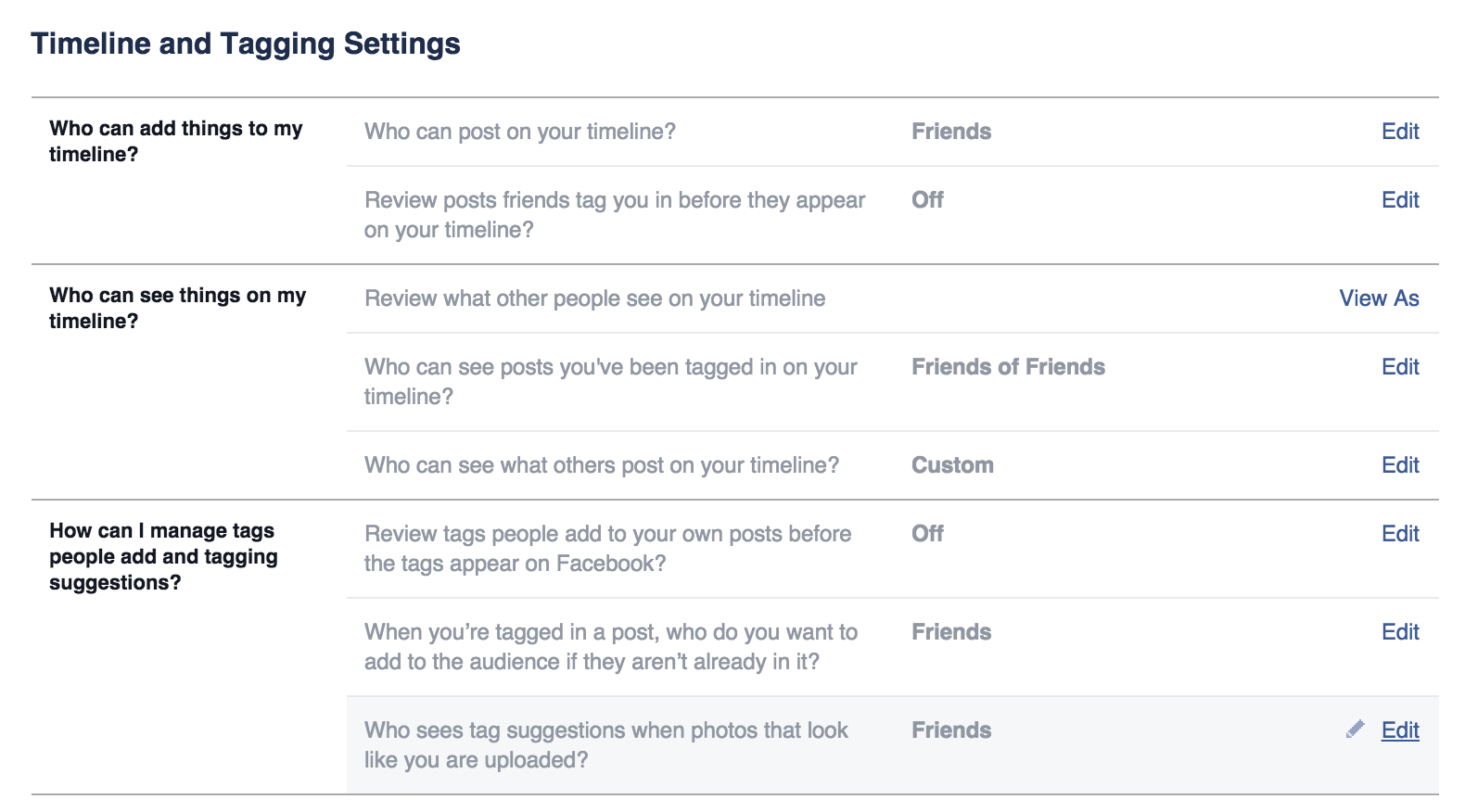
If you are going through a divorce or planning to file in the near future, I recommend that you deactivate your Facebook account.
Some people disregard my advice because they feel as though they can’t function without a Facebook page. So, if you insist on keeping your Facebook page active, it is wise to follow these rules:
Change your account password and keep it to yourself; heighten your privacy settings; and limit your page audience to your friends.
Adjust your timeline settings so that only you can post on your timeline; and adjust your tagging settings to review any posts, comments or photos you are tagged in before they appear on your timeline.

Do not post any photographs; do not upload or share any advice from others; and do not discuss the legal system, your case, your spouse, your frustrations or your emotions.
And, most importantly, if you are involved in a new romantic relationship, DO NOT discuss your new relationship!
Remember, all experienced lawyers have skilled private investigators.
If your case is contested, your spouse’s investigator may be looking for information detrimental to your character, especially if you are involved in a child custody dispute.
Even the most outstanding human beings are imperfect.
And the truth is that great people, who otherwise exercise good judgment, have been known to make really poor decisions in the midst of their divorce proceedings.
Their emotions temporarily disable their common sense.
Perhaps you think my advice is excessive, that you have everything under control.
However, when I represent a grown man or woman who is unwilling to deactivate his or her Facebook page for few months, somebody who just can’t “unplug” until the case is over, I worry for obvious reasons.
I’m not suggesting that you’ll be the guy who posts pictures of himself getting drunk with friends on the night he missed his son’s hockey game; or the woman who loses her maintenance [alimony] claim because she was constantly bragging to her Facebook friends about the exotic vacations she had been taking.
Most people aren’t that thoughtless, but the risks are still there.
A skilled investigator can use your Facebook page to figure out who your friends [and enemies] are; where you are going; what you are doing; and with whom.
Even if your Facebook page seems innocent, even if you have absolutely nothing to hide, investigators and lawyers are trained to take innocent activities and twist them or distort them into something scandalous.
For example, if you are at a party with friends and somebody takes a photograph of you sitting at a table with a dozen empty beer cans, the fact that you were completely sober may be lost in the perception that you have a drinking problem.
If that photo is posted on your Facebook page and the other side finds it, the Court may take the photo into consideration when deciding the fate of your child custody dispute.
Of course, you’ll have an opportunity to explain yourself.
But wouldn’t it be much easier to deactivate your Facebook page and avoid the problem completely?
The choice is yours……